Health is one of the things that always show in futuristic science fiction films. We were certainly impressed with all the tools that can materialize in the health sector. And maybe that’s where we’re headed. Why? Starting with the use and advantages of big data.
Remember that the big data is a set of data, which are analyzed in a deeper way to discover patterns and projections that can help prevent events or simply prepare for them. You will wonder, in the health sector, how can it help? Let’s see.
Determine negative or secondary effects of medications. With the big data it can be determined if a medicine is being harmful to health. Such is the case of an analgesic called Vioxx, which worked perfectly and had a high level of popularity; however, after analyzing with big data the patients who had ingested this analgesic were determined that they were 3 times more likely to suffer a heart attack. This is an advantage as it can help improve the operation of medicines.
Predict diseases. Degenerative diseases by inheritance are one of those that can be detected even without having begun its development by analyzing a certain number of patients with different demographic characteristics. With the latter we mean that the criterion of patient localization is interesting, whether it is a regional or global location.
Avoid epidemics. With the big data it can be prevent that an epidemic becomes uncontrollable and copper many more victims affected, this in determining the possible causes. Infectious diseases can also be detected before they become epidemics. There are already some applications, programs and methods especially for this. However, as we mentioned at the beginning of this article, more advanced tools are expected to emerge.
For example, recently experts from Harvard University and Boston Children’s Hospital in the United States developed a model where Google searches and epidemiological information are used to forecast flu outbreaks even two weeks Before the traditional models.
In this same order of ideas, there are medical situations in which it is difficult to find other similar or equal medical cases to know what it is. The big data can solve this other drawback. One of these examples, which already exists, is the Web mendelian.co where you can find cases of strange diseases around the world. This represents another advantage since the same web portal indicates that complex diseases take an average of 7 years and 7 medics to be diagnosed.
But the big data doesn’t only have benefits for patients. It also has benefits for medical institutes and their medical staff. For example, big data can provide a higher level of organization with the medical equipment, medicine inventories, and attention to the patients.
Finally, we can see that the big data has many applications in many sectors, however, the health sector is one of the most has to win in the short term with several possibilities of innovation.



